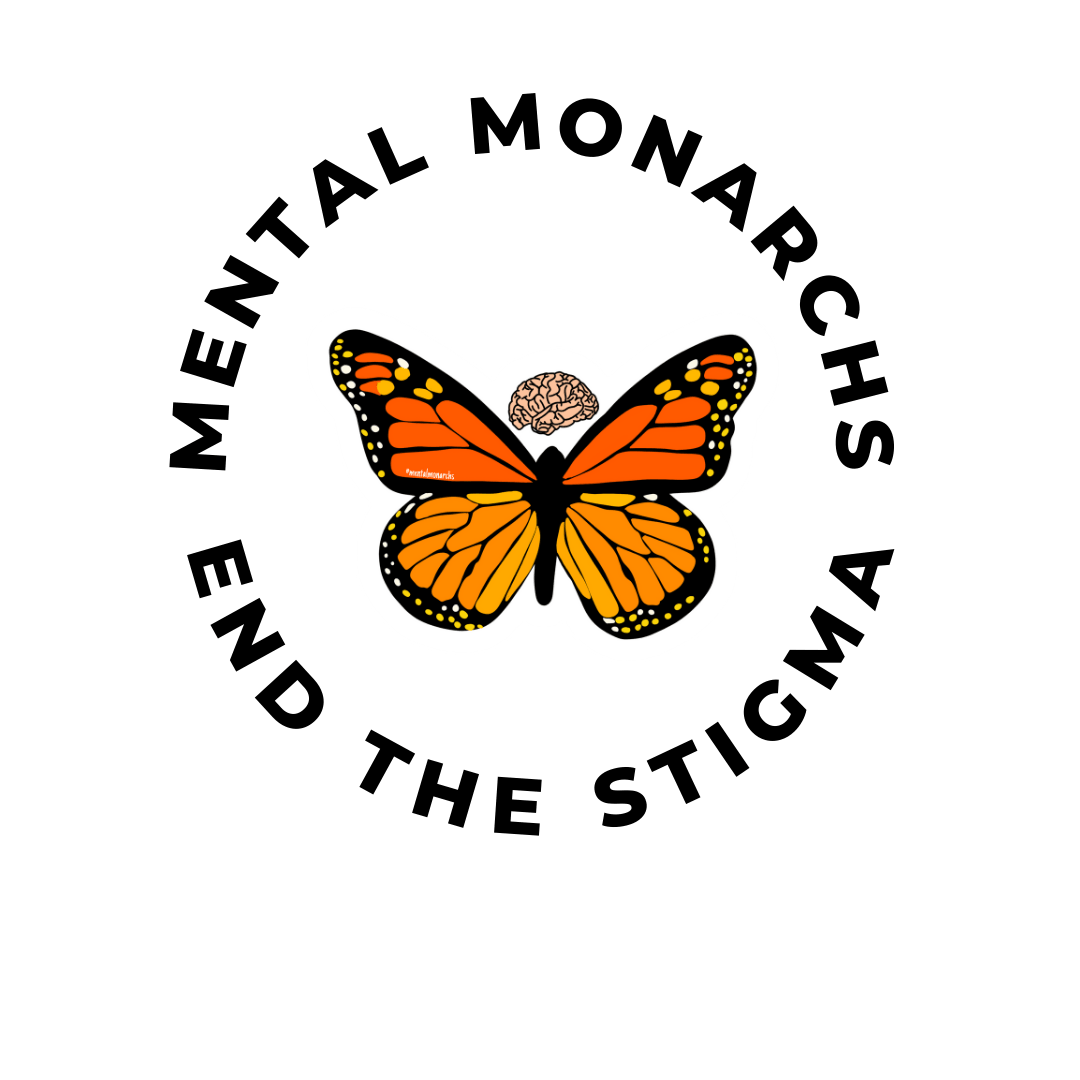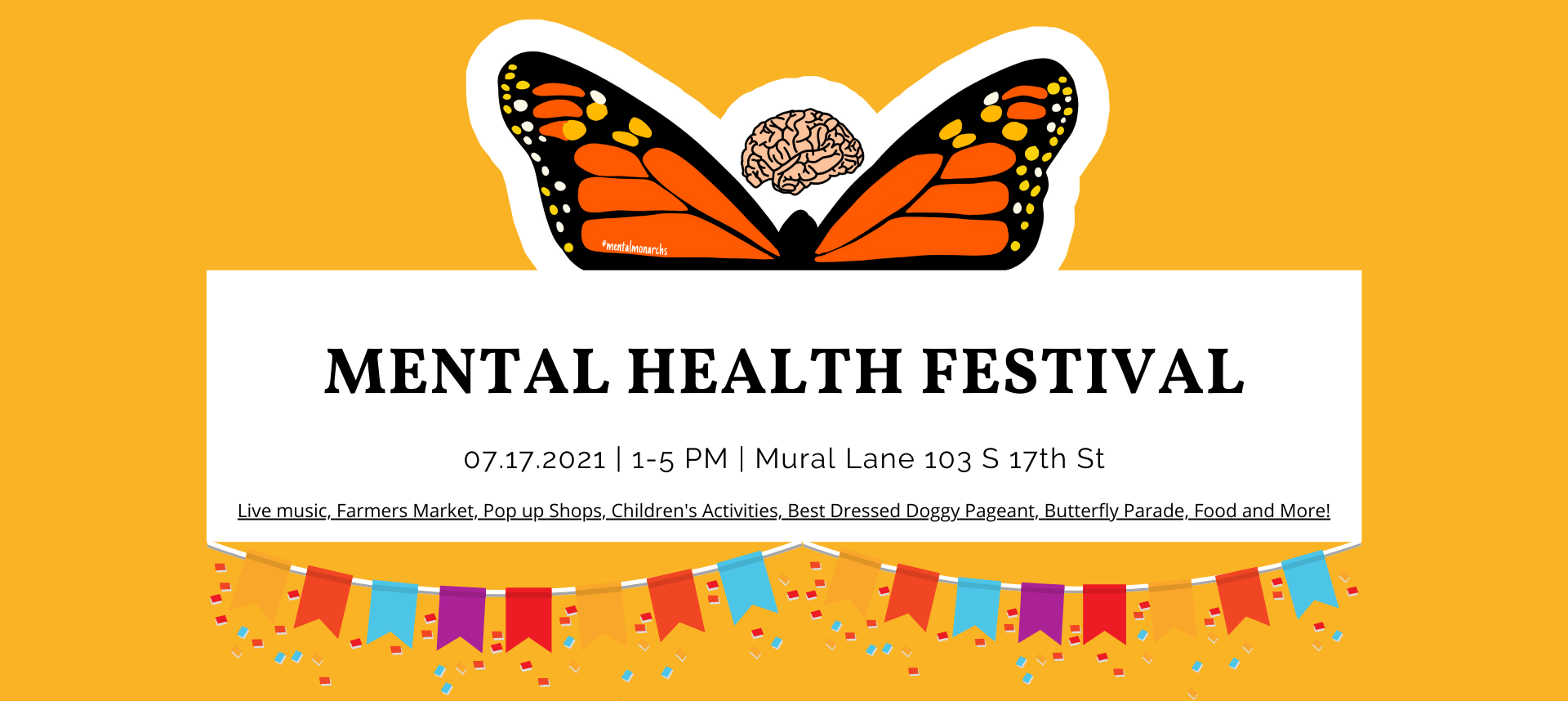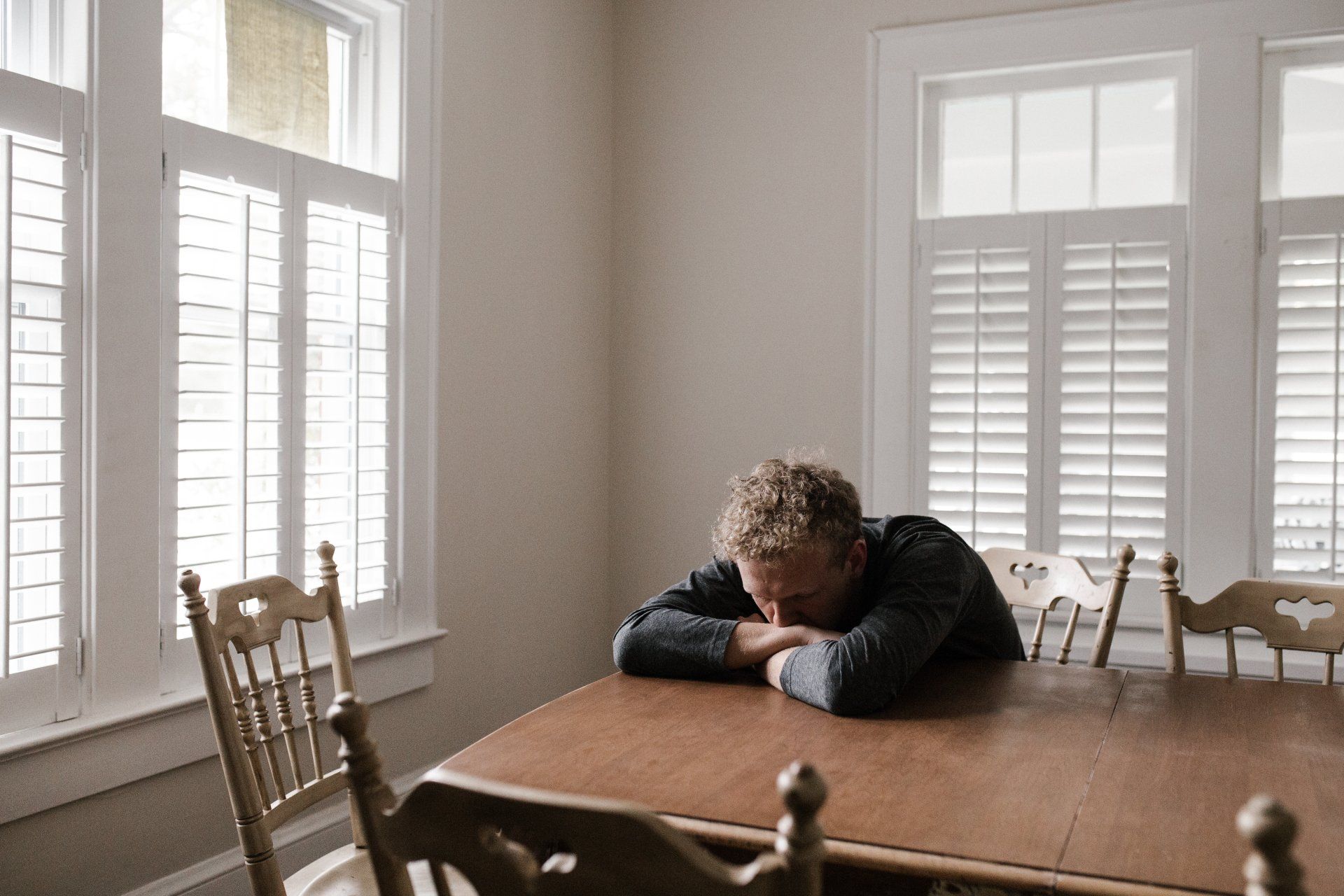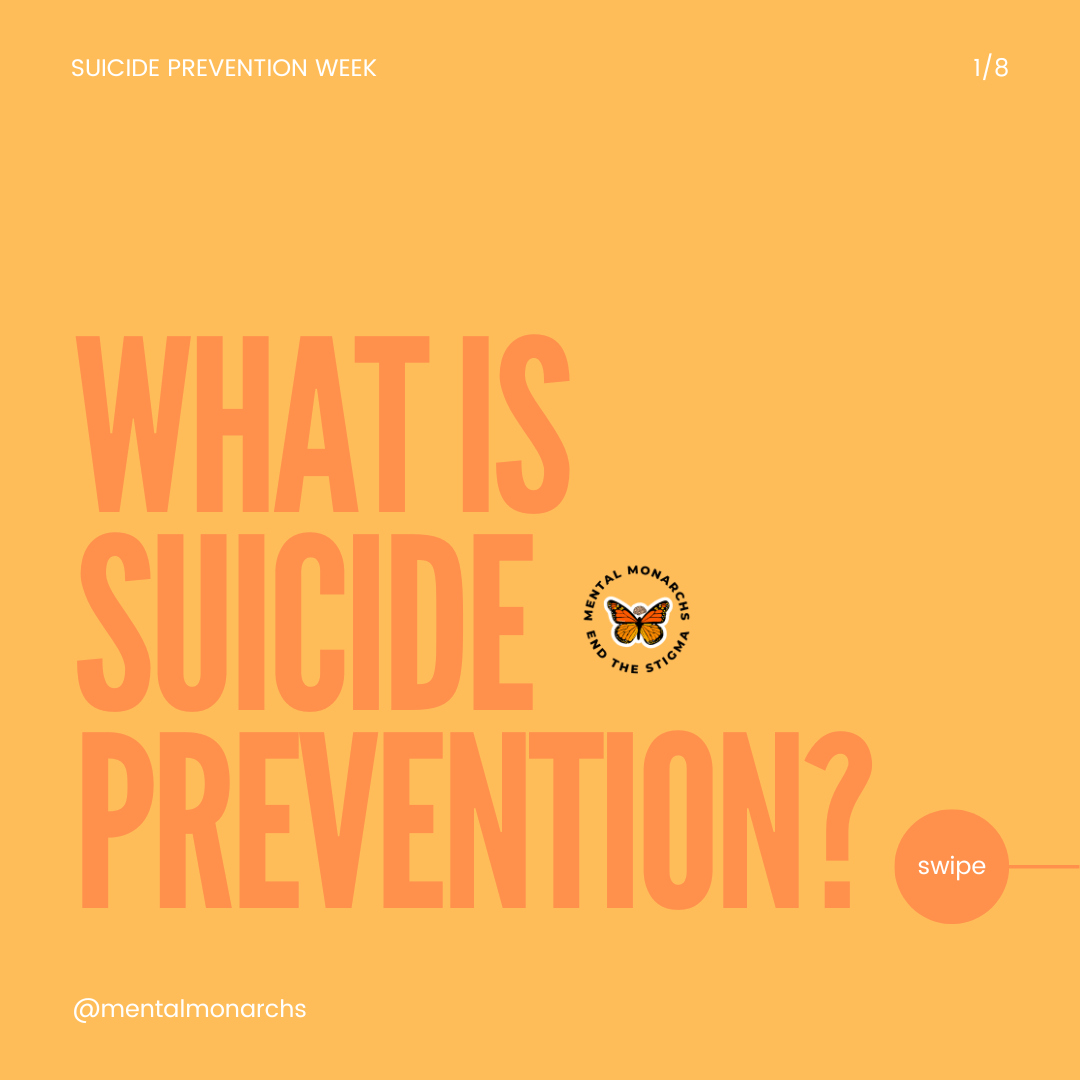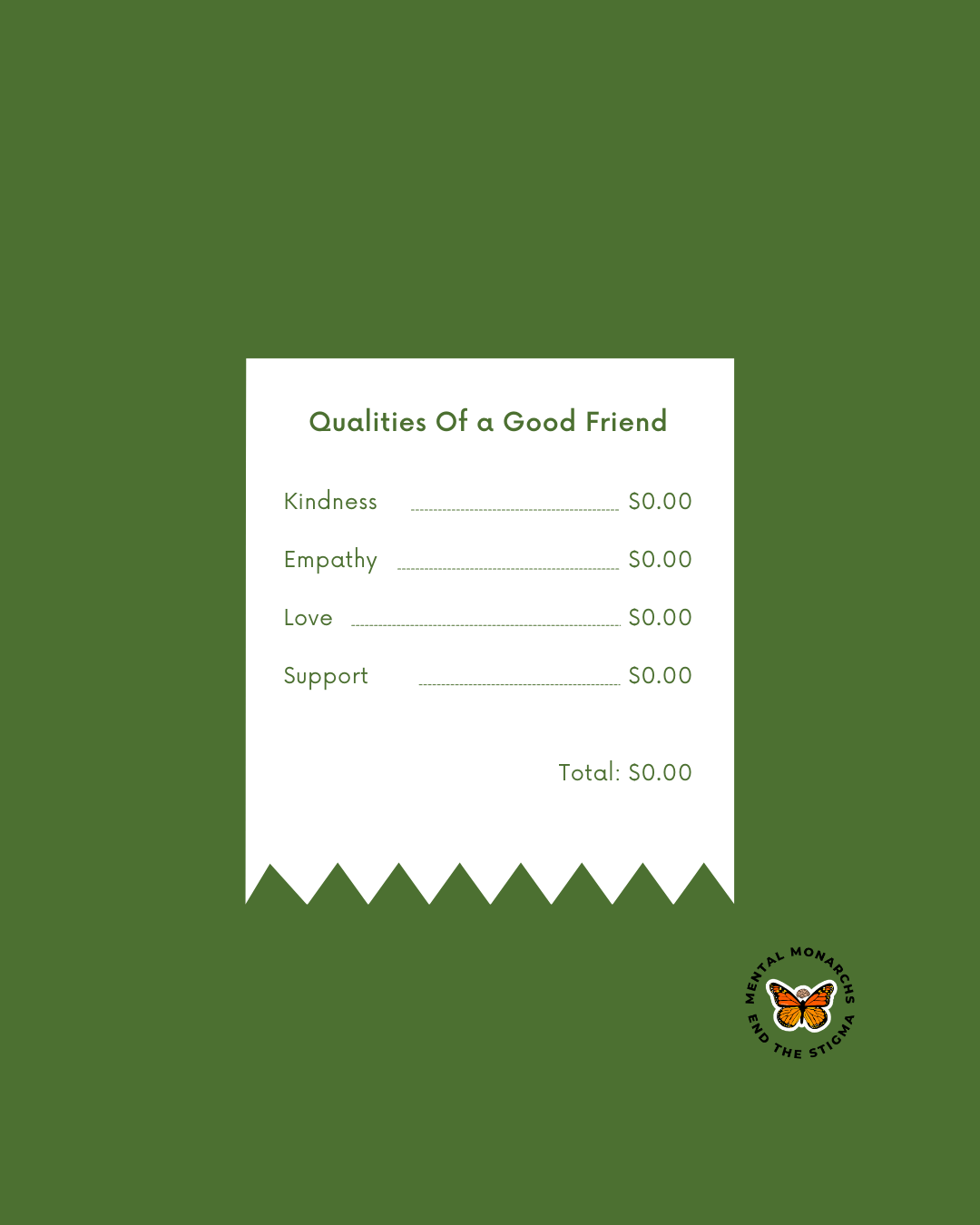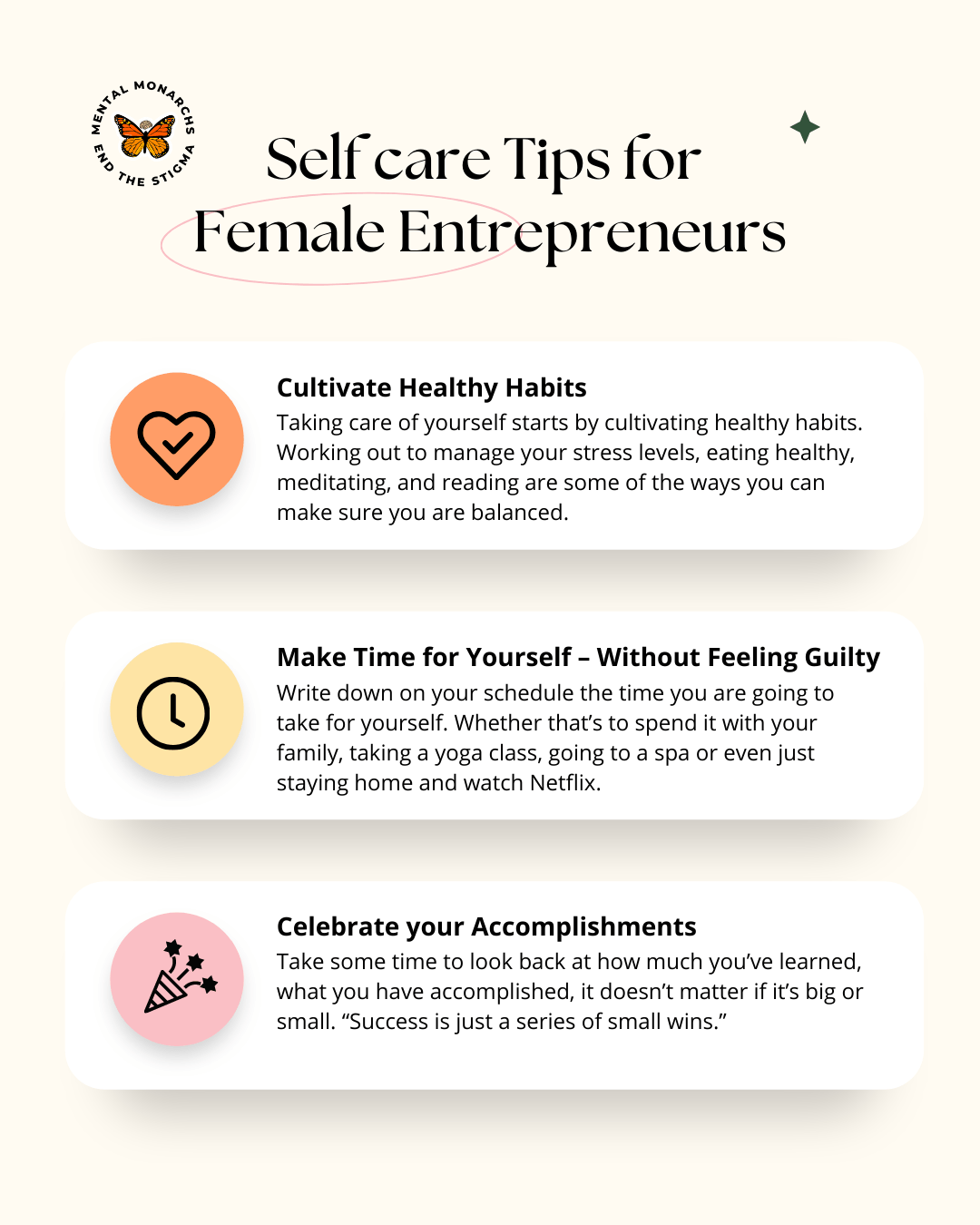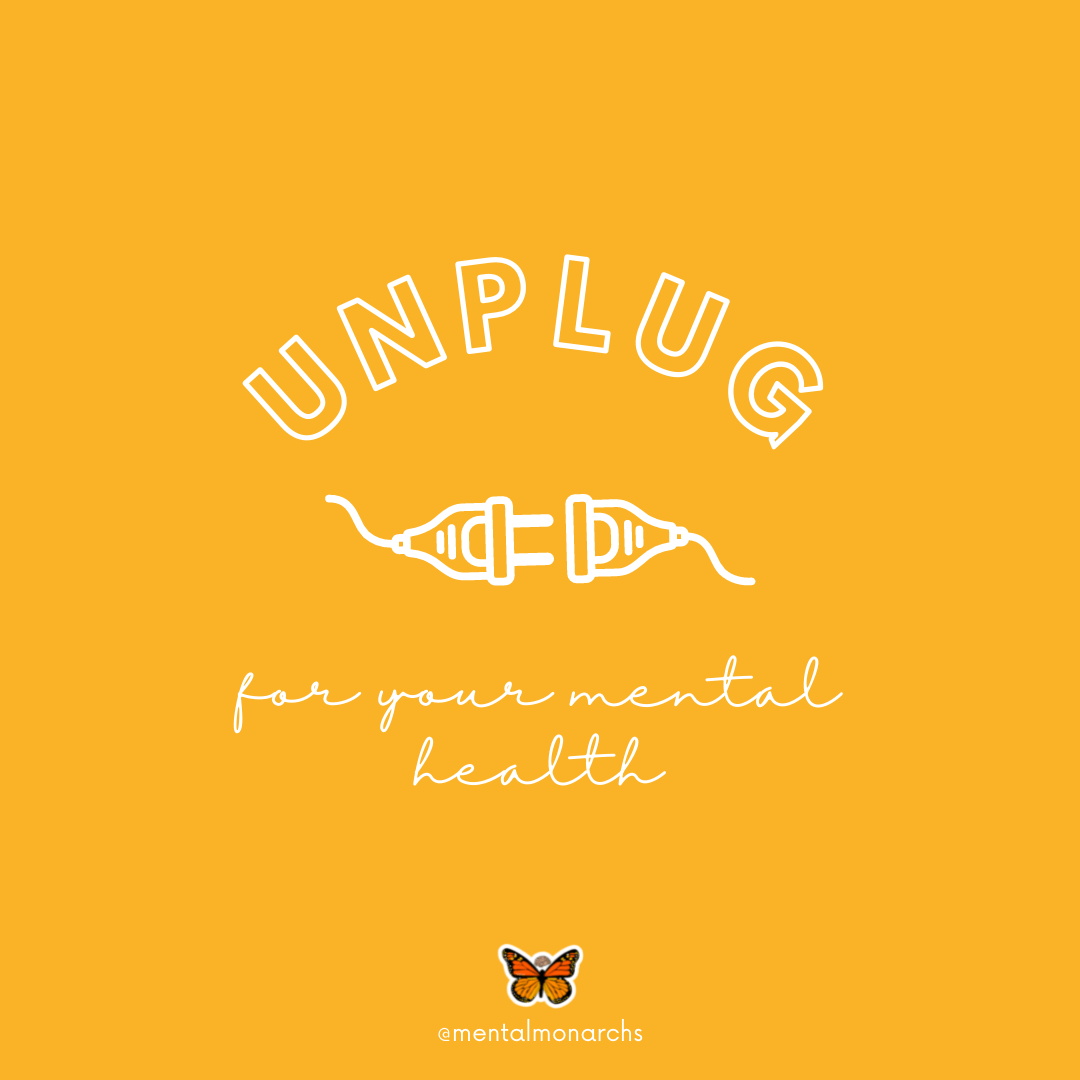20 Aug, 2021
Mental Monarchs wants to thank the community for supporting us at the first-ever Mental Health Festival in South Texas. It was an incredible turnout where we shared mental health resources, psycho-education while creating community connection. None of this would have been possible without the support of our followers, sponsors, and vendors. Our sponsors include: Mcallen Chamber of Commerce , Mcallen Sports , Food Bank of the Rio Grande Valley , Feeding America , Charity Navigator , Lone Star National Bank , Williamson Law Firm , Counseling Center of South Texas , Novel Boutique Fabrics , Doctors Hospital of Renaissance , Martin's Food Supply , Ewing & Lara, RiCreate Media , and You Can Do It Chickadee. The Mental Health Festival served as a community engagement project to bridge connections from our online platform to IRL. It was amazing to meeting passionate people from the Rio Grande Valley and have them share with us the lack of mental health resources they feel are prevalent in the valley. We met with individuals in our community who shared that they were unaware of local resources and how to get started on their mental health healing journey. We handed out Mental Monarch pamphlets in English and Spanish that shared information on self-care, anxiety, depression. If you are interested in these pamphlets, please visit our link and download them. The height of our event was the Doggy Pageant and it lived up to the hype. With dogs being such emotional support, especially within the last year, we thought it was important to include an activity that involved our furry friends. A big thank you to @doggywhodonated for the treats that went out to our doggy pageant contestants. We have a blog post dedicated to dogs and mental health so make sure to check that out. From the money raised, we will be working towards making mental health information and resources available to the community. This means providing the community with symptoms and signs to look out for and how to get started with mental health treatment. We are hoping to accomplish this through social media, blog posts, and events. Additionally, our team is working on making programs available for our community to learn more about mental health.
